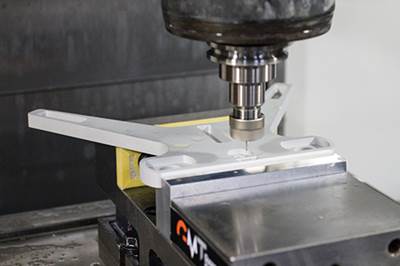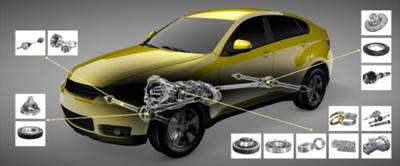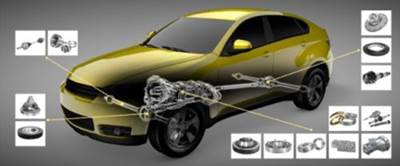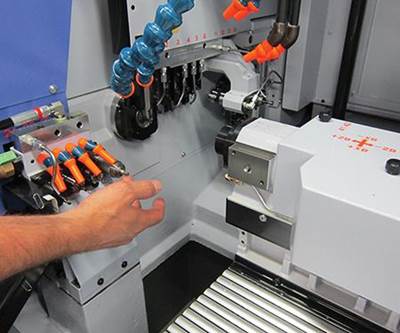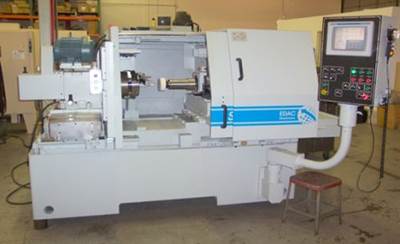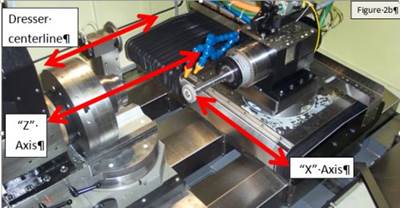Basics
7 Things to Know about the IIoT and Industry 4.0
An introduction to the standards, decision-making, training, cybersecurity, sensors, machine monitoring and cloud computing that make up the IIoT.
Read MoreOne-Offs Without Tradeoffs
Does it have to be expensive to produce a one-off part? Does the one-off have to fall short of the manufactured part’s properties? A Boston-area 3D printer maker has an idea for how to produce components that are both low quantity and industrial quality.
Read MoreBreaking Chips and Controlling Burrs when Machining Automotive Transmission Components
Chip control is the bane of every shop’s existence and knowing how to consistently break chips and control burrs in ductile steels like SAE 1018, 1020, and 8620 is the holy grail of the tooling industry. When a shop experiences chip control issues, it affects their bottom line either through machine downtime, scrapped or reworked components, lost inventory due to broken tools or even employee injury.
Read MoreTips on Breaking Chips When Turning Transmission Parts
Components for automotive transmissions are typically made of ductile steels such as SAE 1018, 1020 and 8620. Turning these parts is often plagued by problems with long, stringy chips. This article from Sandvik Coromant addresses the complex variables and strategic trade-offs that must be considered in designing the most effective insert for this application. The insights into the problem and its solution will help anyone think more clearly about vexing chip control issues.
Read MoreHow to Set Goals and Strategic Plans
Every company needs to invest time in these endeavors in order to improve performance.
Read MoreNew to Swiss-Type Turning?
What are some nuances to training a person to effectively operate a Swiss-type lathe? This shop offers some suggestions.
Read MoreInternal Grind Machines: Maintaining Components’ Alignment
This article outlines the importance of this alignment, explains how to recognize the symptoms of misalignment and describes what corrective steps to take. The author, Bill Bednarski, is an applications engineer at Saint-Gobain Abrasives in Worcester, Massachusetts.
Read MoreAligned for Precision
To precisely condition the form, shape and finish of an inside diameter of a workpiece, no machine tool outperforms an ID grinder if (and only if) key components of this grinder are properly aligned. This article outlines the importance of this alignment, explains how to recognize the symptoms of misalignment and describes what corrective steps to take.
Read MoreWhen the Chips Are Down
Once the chips begin piling up, how does your company deal with them? While there are as many different approaches as there are machine shops, the most efficient systems share a few important traits.
Read More

